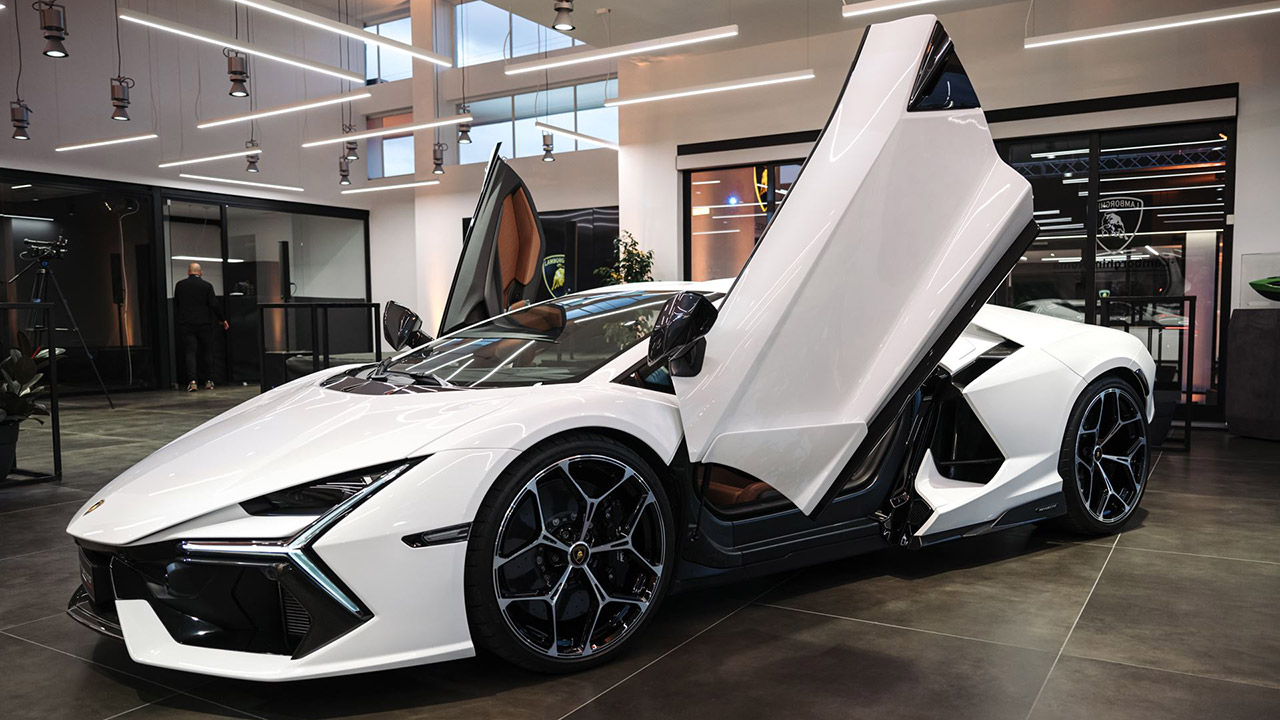Speaking to Autocar, Chairman and CEO Stephan Winkelmann said the Italian exotic marque can wait a few more years to see if synthetic fuels can save internal combustion or not. However, there are some major uncertainties as it's unclear whether regulators will accept e-fuels worldwide and whether production can be ramped up to meet demand.
The 59-year-old executive said it "would be an easier leap for us" to keep the internal combustion engine alive and make it run on synthetic fuels rather than installing electric motors and a battery pack. He believes there will come a time when performance-oriented EVs will be more agile than equivalent ICE models by taking advantage of improved battery energy density. That would make the battery packs smaller and therefore less heavy.
Although the second-generation Urus and production-ready Lanzador will be sold as pure EVs, Lamborghini is in no rush to phase out the internal combustion engine in its sports cars. Winkelmann argued that on a global scale, it makes more sense in terms of reducing emissions to focus on the scalability of e-fuels, as he believes there will still be billions of ICE cars on the road in 2035.
The boss admitted that Lamborghini won't be the first to come out with an electric supercar. When the time comes to launch a high-performance EV, Winkelmann said it will be the best on the market. That won't happen anytime soon, as the Revuelto and the Huracan's successor will have an eight- or nine-year life cycle, he added. That means both are expected to be around until 2030 or 2031.
Source: Autocar

